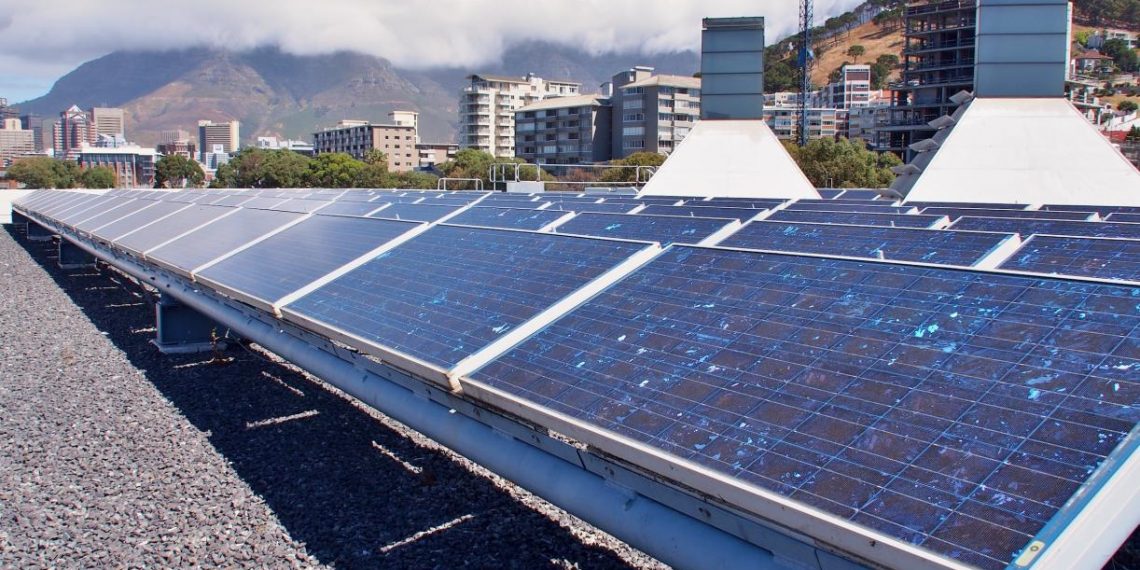WRI experts inform South Africa’s decision to cut its emissions a decade earlier than planned.
The Challenge
South Africa is among the 20 countries with the highest greenhouse gas emissions. As a major emitter, it can have a measurable impact on reducing global emissions enough to prevent the worst impacts of climate change. And by pursuing strong climate action of its own, it could inspire other countries to raise their ambition.
WRI’s Role
WRI climate experts work with the South African government, providing tools, resources and capacity-building since 2011 to support climate action in the country. WRI has provided input on South Africa’s long-term low emissions development strategy, its economic recovery plan after COVID-19, and its Presidential Climate Commission, among other initiatives.
In March 2021, WRI provided written feedback on South Africa’s draft climate commitment, known as a Nationally Determined Contribution (NDC), recommending a stronger emissions-reduction target and outlining the economic and social benefits of a fair, low-carbon transition. WRI convened public dialogues with the South African government, the Presidential Climate Commission, and representatives from business and labor groups to share views on enhancing the ambition of South Africa’s NDC. WRI also supported mitigation modelling in certain sectors, in order to inform South Africa’s new NDC.
The Outcome
South Africa released its enhanced NDC in September 2021. The new target sees greenhouse gas emissions declining a decade earlier than originally planned and aligns with a trajectory necessary to limit warming to 1.5 degrees C.
The ambitious NDC as well as key achievements in the last year — such as the cabinet approval of a climate change bill, a carbon tax, a national adaptation strategy, and creation of the Presidential Climate Commission — helped set the stage for a historic partnership agreed at the 2021 UN climate summit (COP26). Five developed countries committed to channel $8.5 billion of finance to South Africa to support a just and equitable low-carbon transition, focused on increasing renewable energy capacity and quickly shifting away from coal.
Given South Africa’s prominence and engagement in multilateral groups such as the African Union, the African Ministerial Conference on the Environment, the African Group of Negotiators, BASIC and the G20, the country’s climate action commitments will create impact well beyond its borders.



